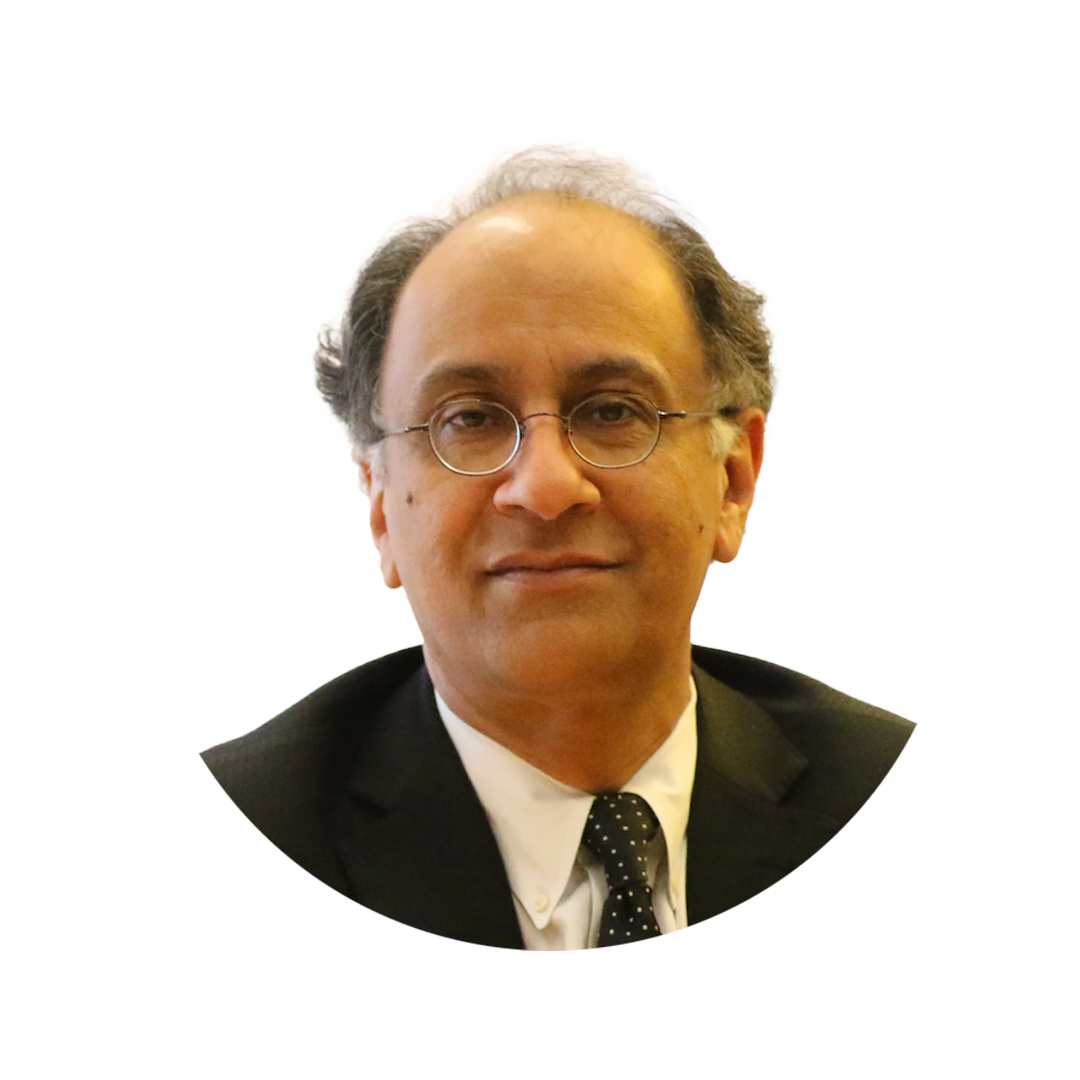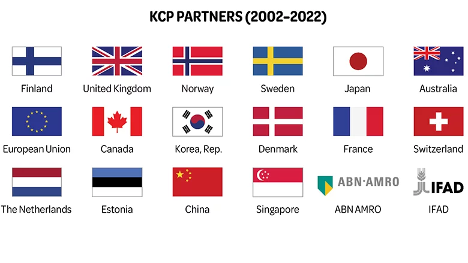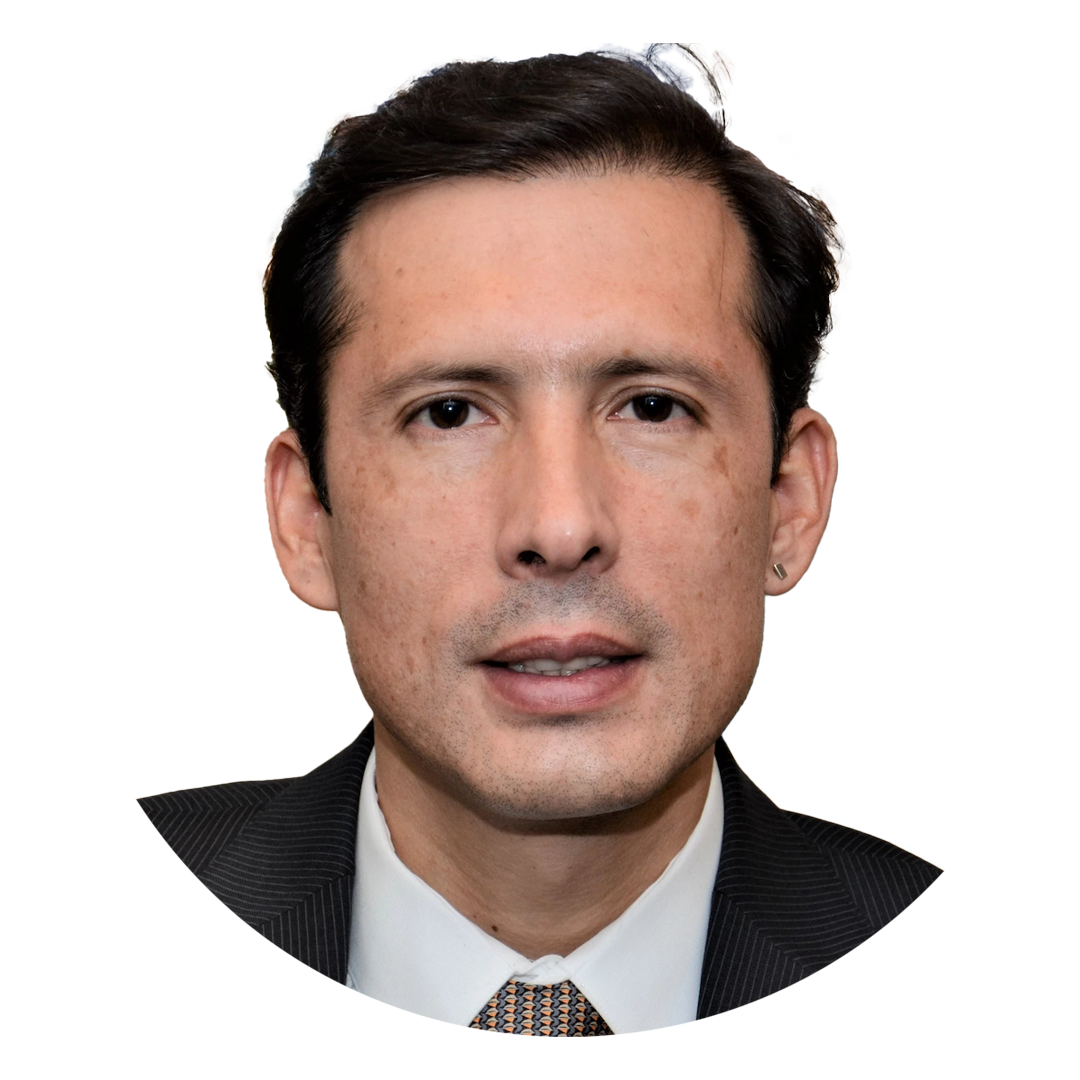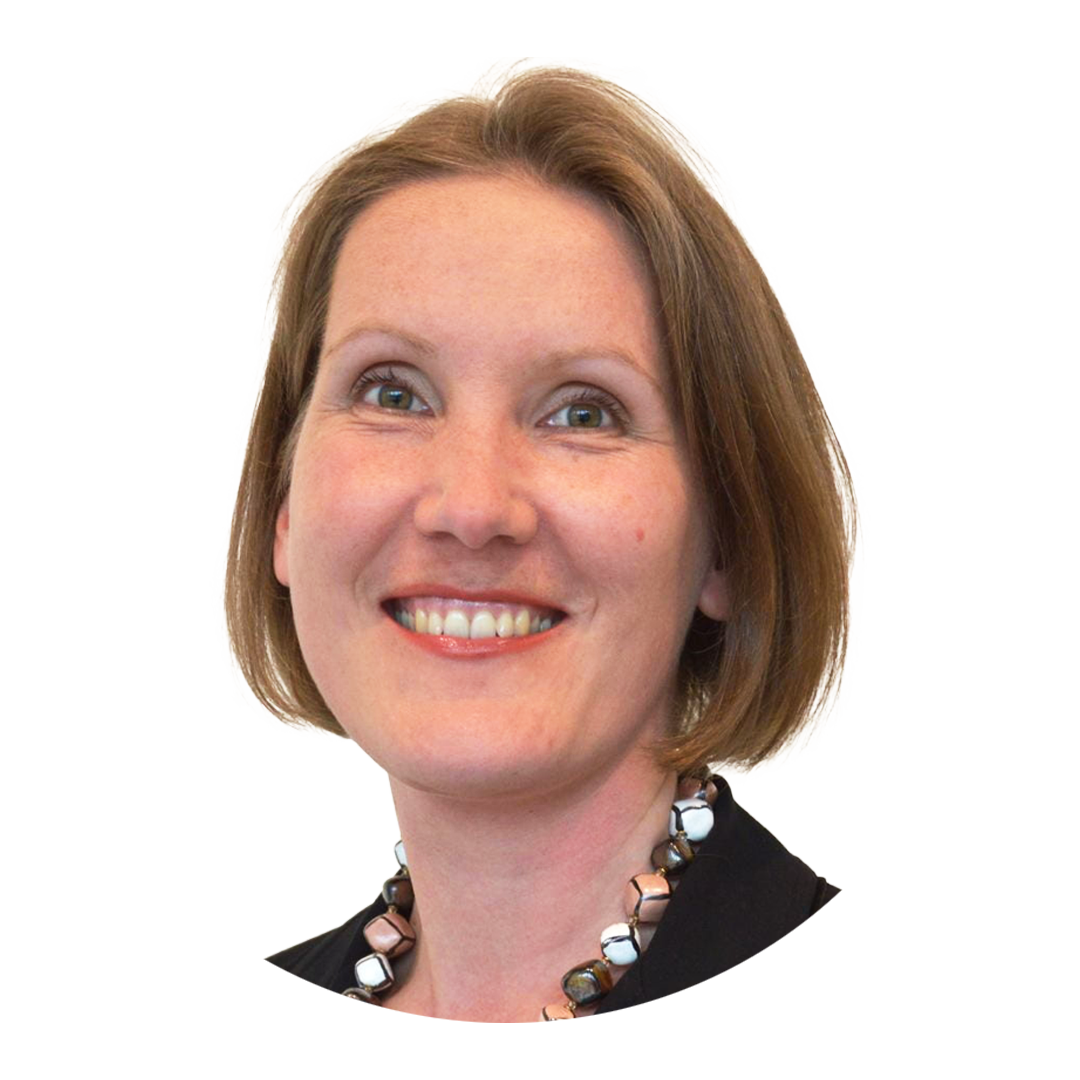Global development and the middle-income trap
Theme for the discussion
The 108 middle-income economies represent approximately three-fourths of the world's population, collectively contribute to nearly 40 percent of global economic activity, and generate over 60 percent of all carbon dioxide emissions. Despite advancements in the 1990s, growth in these countries is notably slowing down and they are not on track to catch up with high-income countries any time soon. Where are these economies headed? What are the pathways for emerging market economies to avoid what has been known and feared as the “middle-income trap”? How can they balance the forces of creation, preservation, and destruction to achieve total economic, social, and ecological efficiency?
Introduction: Torbjörn Becker, Director of the Stockholm Institute of Transition Economies and Chair of the Expert Group for Aid Studies.
Keynote Address
Indermit Gill, Senior Vice President of Development Economics and Chief Economist of the World Bank Group

Before starting this position on September 1, 2022, Gill served as the World Bank’s Vice President for Equitable Growth, Finance, and Institutions, where he helped shape the Bank’s response to the extraordinary series of shocks that have hit developing economies since 2020. Between 2016 and 2021, he was a professor of public policy at Duke University and non-resident senior fellow at the Brookings Institution’s Global Economy and Development program.
Gill led the World Bank's influential 2009 World Development Report on economic geography. His work includes introducing the concept of the “middle-income trap” to describe how countries stagnate after reaching a certain level of income. He has published extensively on key policy issues facing developing countries—among other things, sovereign debt vulnerabilities, green growth and natural-resource wealth, labor markets, and poverty and inequality.
Gill has also taught at Georgetown University and the University of Chicago. He holds a Ph.D. in economics from the University of Chicago.
Panelists
Registration & program
The event will take place in the Aula, located in the main building of SSE and the registration opens at 14.15 outside the Aula.
- Please proceed with your registration via the Trippus platform by clicking the following link (see here).
- To see the program please click in the following link (see here).
MINGLE OPPORTUNITY: After the event, please join us for a mingle with drinks and a light meal. This will be a wonderful opportunity to network further and discuss the insights shared during the event.
Please contact site@hhs.se if you have any questions regarding the event.
This event is organized by the Knowledge for Change Program of the Development Economics Vice Presidency at the World Bank, in partnership with the Expert Group for Aid Studies (EBA), Stockholm Institute of Transition Economies (SITE) and the Swedish International Development Cooperation Agency (Sida).
About the Knowledge for Change Program
The Knowledge for Change Program (KCP) is an Umbrella Program that aims at delivering high-impact, policy-relevant research and knowledge products. Housed in the Development Economics Vice Presidency of the World Bank, the KCP commenced its operation in 2002, and has supported more than 360 projects on research, data, and analytics, with total funding of US$72 million.

Photo: Summit Art Creations, Shutterstock




